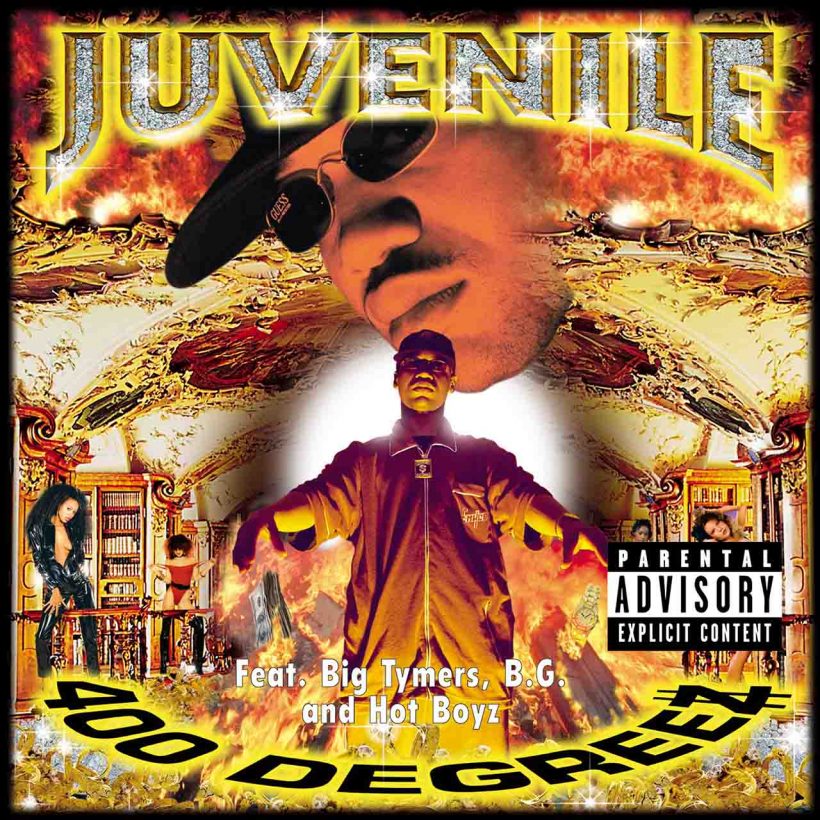‘400 Degreez’: Juvenile’s Southern Hip-Hop Classic
In many ways, it’s an album that changed the trajectory of rap music.

In the intro of the clean version of “Back Dat Azz Up” from Juvenile’s 1998 opus 400 Degreez, the Magnolia Projects maven makes a declaration: “Cash Money Records taking over for the ’99 and the 2000,” he says. Over Mannie Fresh’s string stabs and swells and clean bass hits, Juvie was shouting out his extended family, which consisted of Fresh, the Hot Boys (himself, alongside B.G., Lil Wayne, and Turk), Birdman and Slim, the late Soulja Slim, and many more. The boast didn’t suggest that Cash Money retained underdog status by the time Juvenile dropped 400 Degreez. Indeed, they had, just prior, inked a massive deal with UMG to distribute all its music, and was quickly taking over regions in the South. But 400 Degreez preceded more than even Juvenile could have guessed. In many ways, it’s an album that changed the trajectory of rap music.
Listen to the expanded edition of Juvenile’s 400 Degreez now.
Before Juvenile emerged with 400 Degreez, he was a hot commodity in New Orleans. Rewind to the early 1990s, before he dropped his independent debut Being Myself. Juvie was a street icon, a name everyone knew. Furthermore, people even knew his lyrics before he ever recorded a project; he was so popular at local venues that he would arrive at shows, and fans would recite his words back to him. After fortuitously meeting Cash Money’s in-house producer Mannie Fresh at a bus stop, Juve signed his first deal with the label and dropped his 1997 debut with the unit, titled Solja Rags. That project did well, but it was merely a prologue.
400 Degreez features both Juvenile and Fresh at their peak, and foreshadows Hot Boys’ major breakthrough with 1999’s Guerilla Warfare. There’s Juvenile’s flow and the balance of shit talk with diagnosing the daily struggles of life in the hood. He comfortably bridges the gap between Mannie’s bounce beats and more straightforward rap styles. “Back That Azz Up,” of course, is the well-known classic. But there are also huge hits like “Ha” and the title track.
All of this contributes to 400 Degreez being one of rap’s most important projects from the 1990s, and one that would sustain its influence into this current era. It’s not an artifact, though it does preserve a certain moment in amber. It arrived before Lil Wayne became the biggest name in rap, before Cash Money was the world-beating force it would shortly become. Three years prior to 400 Degreez‘s release, André 3000 took the stage at the Source Awards to declare that the South had something to say. Juvenile took the torch and sprinted to the finish line with it. He said it, and said it loudly.
Listen to the expanded edition of Juvenile’s 400 Degreez now.












